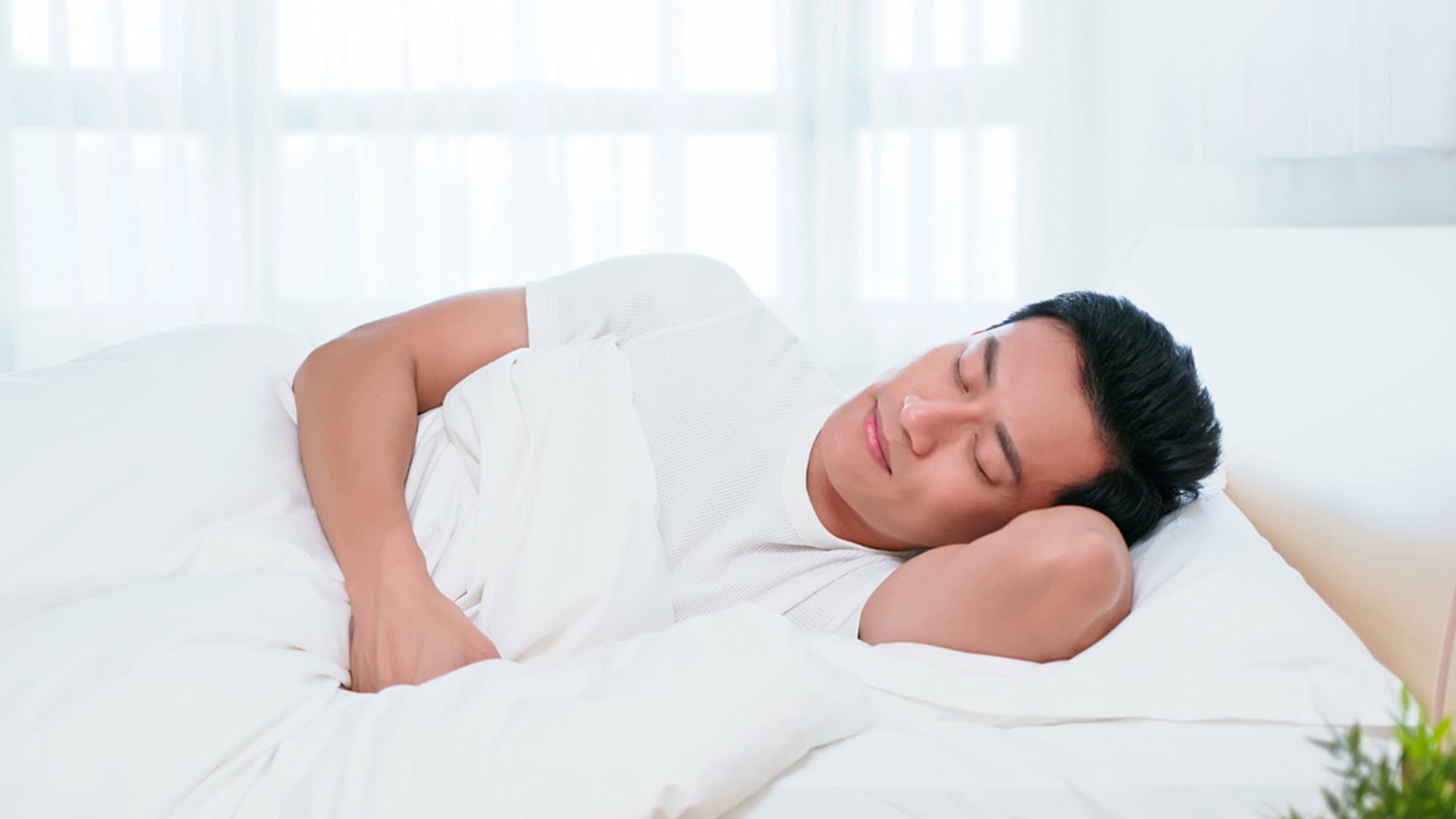How to manage stress during the holiday season

Raise your hands if you find the festive seasons stressful.
In Singapore, we are often hit with the month-long whammy of Christmas, New Year’s Day, and Chinese New Year to navigate. While this is supposed to be a time of festive joy, it often comes with its fair share of stress. Between hosting gatherings, shopping, and dealing with relatives, it is easy to feel frazzled. Adding on the temptation of indulging in festive feasts, this can all feel like a perfect storm for burnout. But fret not, here are seven tips that can help you stay healthy and happy while enjoying the celebrations.
Prioritise sleep
Sleep is critical for your mental and physical health. Lack of sleep can raise cortisol (the stress hormone), weaken your immune system, and make you more prone to overeating.
Aim for seven to eight hours of quality sleep each night. Keep to a regular sleep schedule including weekends. Avoid caffeine and alcohol before bed, and create a calming bedtime routine, such as dimming lights, a warm bath, or reading. If you struggle with racing thoughts, try journaling before bed to clear your mind.

Clear the mental clutter
Festive stress can make your mind feel like a jumbled mess. Writing things down, whether it is your to-do list or your feelings, can help you organise your thoughts and feel less overwhelmed. Studies show that journaling reduces stress and improves mental clarity. If lists are not your thing, try using mobile apps to streamline tasks and free up your mental space.
Move your body
Exercise is a natural stress reliever. It lowers cortisol, boosts endorphins, and enhances sleep. Aim for at least 150 minutes of moderate exercise per week, as recommended by the World Health Organisation. Even brisk walking counts.
When travelling, pack a resistance band or do bodyweight exercises (like squats and push-ups) in your room. Stretching or yoga can also ease tension from long hours of travelling. Most hotels have gyms, so use them since you have paid for it.
Eat mindfully
The festive spread can be a minefield of processed food, sugar, and calories, but balance is key. Start your meals with fibre-rich vegetables and protein with good fats, as they promote satiety. Control excessive carbohydrate intake. Chew slowly and pause between bites, as this allows your brain time to register fullness. Avoid mindless snacking in front of the television by plating your food so you can see exactly what you are eating.
Research suggests eating smaller, more frequent meals can help prevent overeating. Another useful tip for maintaining accountability, regardless of the time of year, is to weigh yourself daily and keep a record. The best time to do this is first thing in the morning, after your toilet routine. This will provide insight into how eating habits, exercise, and sleep affect your weight.
You may like to read our latest article for Chinese New Year Food and Health Guide 2025.
Easy on the booze
Excessive alcohol does not just lead to hangovers. It disrupts sleep, dehydrates you, and can increase anxiety. Chronic overconsumption increases the risk of liver disease, heart problems, and even cancer.
Stick to moderate drinking (no more than two drinks per day for men and one for women). Alternate alcoholic drinks with water or non-alcoholic options and eat before drinking to slow alcohol absorption. Set a clear limit for yourself before heading out. Moderation is key.

Practise gratitude and mindfulness
Take moments throughout the day to pause and reflect. Mindfulness has shown to reduce stress and anxiety. A simple five-minute breathing exercise or guided meditation can help you feel more centred. Writing down three things you are grateful for each day can also shift your focus to the positive, even during stressful moments.
Soak in some sunlight
If you find yourself stuck indoors with little to discuss with relatives, try taking a short walk in the sunshine for some fresh air. Getting enough sunlight can improve your mood and regulate your circadian rhythm. Sunlight exposure increases serotonin levels, which can help ward off festive blues. Aim for at least 15 to 20 minutes of sunlight daily, preferably in the morning.
Remember, the festive season should be about joy, connection, and taking care of yourself, not just checking off a list of errands. With these tips, you can enjoy the celebrations while staying physically and mentally healthy. Happy holidays!



